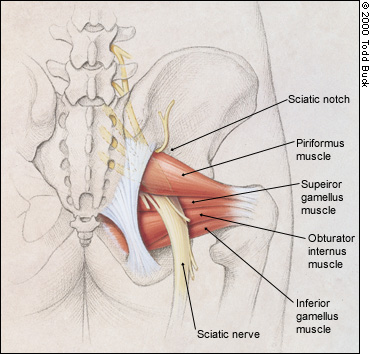
The most certain sign of wisdom is cheerfulness.
A man who fears suffering is already suffering from what he fears.
A man is not hurt so much by what happens, as by his opinion of what happens.
The beautiful souls are they that are universal, open, and ready for all things.
Not being able to govern events, I govern myself, and apply myself to them if they will not apply themselves to me.
Obsession is the wellspring of genius and madness.
The greatest thing in the world is to know how to belong to oneself.
On the highest throne in the world, we still sit only on our own bottom.
Every man has within himself the entire human condition.
There is no knowledge so hard to acquire as the knowledge of how to live this life well and naturally.
Only the fools are certain and assured.
The only thing certain is nothing is certain.
No wind favors he who has no destined port.
My life has been full of terrible misfortunes most of which never happened.
Valor is stability, not of legs and arms, but of courage and the soul.
To forbid us anything is to make us have a mind for it.
Kings and philosophers defecate, and so do ladies.
Few men have been admired by their own households.
A man must be a little mad if he does not want to be even more stupid.
Ambition is not a vice of little people.
Greatness of soul consists not so much in soaring high and in pressing forward, as in knowing how to adapt and limit oneself.
Life itself is neither a good nor an evil: life is where good or evil find a place, depending on how you make it for them.
Don’t discuss yourself, for you are bound to lose; if you belittle yourself, you are believed; if you praise yourself, you are disbelieved.
Every other knowledge is harmful to him who does not have knowledge of goodness.
He who establishes his argument by noise and command, shows that his reason is weak.
I am afraid that our eyes are bigger than our stomachs, and that we have more curiosity than understanding. We grasp at everything, but catch nothing except wind.
We should beware of clinging to vulgar opinions, and judge things by reason’s way, not by popular say.
Stubborn and ardent clinging to one’s opinion is the best proof of stupidity.
Nothing is so firmly believed as what we least know.
It is easier to sacrifice great than little things.
No noble thing can be done without risks.
I quote others only in order the better to express myself.
One should always have one’s boots on and be ready to leave.
I consider myself an average man, except in the fact that I consider myself an average man.
My art and profession is to live.
more









